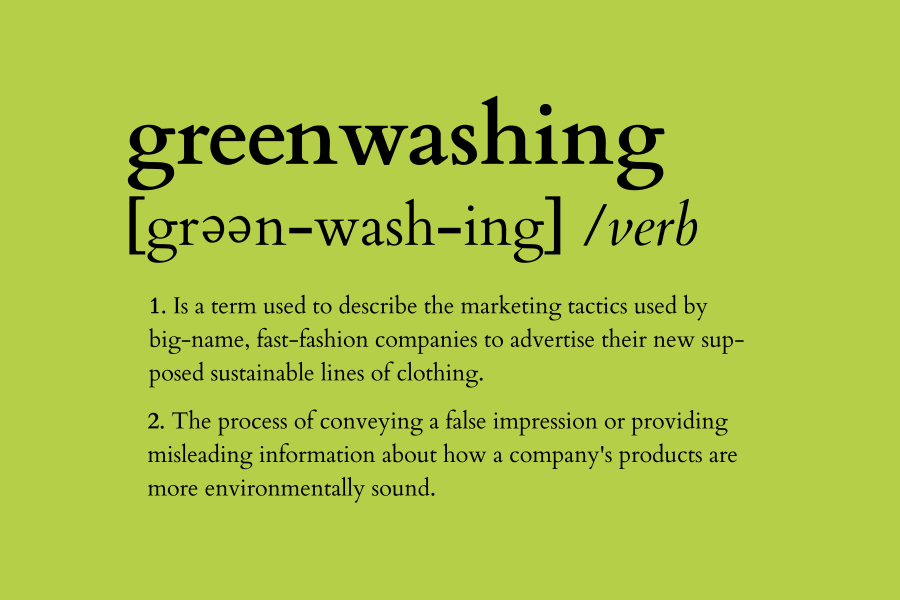Edward Herman and Norman Chomsky wrote a book in 1988 called Manufacturing Consent: The Political Economy of the Mass Media, stating that mainstream media is run by powerful corporations who influence the public’s ideas and actions (Herman & Chomsky 1988). One of the ideas presented in their book is the propaganda model. This model aims to explain how news and media present a falsified view of the world to persuade audiences in a way that benefits the agenda of the elite. Media is manufactured to control and manipulate its consumers. As this book was written a long time ago, we can wonder if it is still relevant in our time. According to a recent interview with Noam Chomsky, Internet and social media are still relevant to the propaganda model. Social media simply takes its sources from major media without doing any fact-checking. The way information spreads is faster but the beliefs conveyed are the same (Macleod, 2019).
According to Alan Macleod, advertising can be compared to propaganda, and as we see around 5000 advertisements a day, we are surrounded by propaganda. He adds that the media’s goal is not to instruct the public but rather gaslight and propagandize ideas that benefit the elite who owns and pays the media (Macleod, 2019). Today, with advertising, our society is faced with a lot of disinformation and manipulation (Biswajit, 2022).A great example of false advertisement is greenwashing.
Climate change is an important topic in our society and big corporations are profiting off of it. They are shifting the focus from actual scientific facts and causes of climate change by focusing on their so-called actions to help our planet, implying that their customers are also doing a good deed by supporting them (Peppermans & Maeseela 2018). Greenwashing is an attempt to mislead consumers by embellishing the company’s actions to seem more eco-friendly than they actually are.

In 2020, Shell emitted 1,377 million tonnes of carbon dioxide equivalent. Even if you are not a climate change expert, you can understand that it is a lot. To make its consumers think that they care about global warming, in 2017, they launched an operation where they would fuel London buses simply from coffee wastage. In their advertisement, they stated the concept of “cleaner energy solutions”, a bit comical as they are a petrochemical company. Now, you might think that this campaign is going to have a considerable positive impact on global warming. But according to a New York Times article, Shell only fueled one London bus for an a year and then stopped.

H&M has a section on their website called “Conscious choice”where they talk about sustainable shopping and what their company is doing to make that happen. They have a special green tags on certain clothes to show that these articles of clothing have been created with “a little extra consideration for the planet”. But, an investigation brought to light their lies : clothes with the green tag were not more eco-friendly than the rest. Even worse, they would give data that was simply wrong about the impact on the environment of certain items of clothing.
Greenwashing is a clear example of how companies manufacture consent to shape their audience’s opinions and create a falsified idea of environmental responsibility to benefit them. As consumers, its is important to stay aware of the company’s strategy and do more research if we are unsure of their ethical ideologies.
References:
Biswajit G. (2022) “Politics of Manufacturing Consent in a Post-Truth Society”, Journal of Developing Societies, 38(1), pp. 7-26.
Herman E., Chomsky N. (1988) Manufacturing Consent: The Political Economy of the Mass Media, New York, NY: Pantheon
Macleod A. (2019) Propaganda in the information age: still manufacturing consent, London: Routledge
Pepermans Y., Maeseele P. (2018) “Manufacturing Consent: Rereading News on Four Climate Summits (2000-2012), Science Communciation, 40(5), pp. 621-649.


Great post! You effectively show how the theory of “Manufacturing Consent” applies to today’s media and their role in shaping our views. I agree that social media still functions as a tool for manipulation. It would be great if you could add a bit more about how we can recognise such manipulations. Very good work!
Very good application of a theory originally based on politics to a current day issue. I do agree that greenwashing is something that companies lean into due to the societal elites (ei. politicians) pushing for a ‘green planet’, like for example the Paris Agreement. In this example, it is clear that not only news outlets and journalists are in cahoots with the government, as presented in Chomsky’s book, but in today’s world it goes beyond that and stretches out into companies and advertising agencies.
As the manufacturing consent theory is composed five media filters, it would have been interesting if you applied to the green washing example in your blog post. For example, explain that the government still remain the ‘elites’ and a company that does not market itself as ‘eco-friendly’ or ‘sustainable’ might cause consumers to challenge them due to being brainwashed into thinking that everything has to aim to be eco-friendly, which would resemble flak in this case.